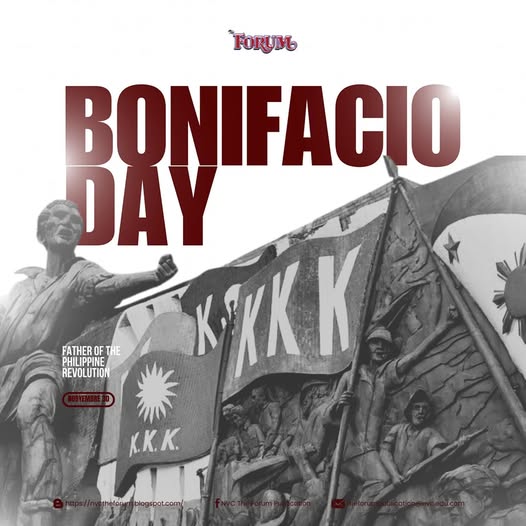BONIFACIO’S LEGACY: IGNITING THE PHILIPPINE REVOLUTION

Andres Bonifacio, born on November 30, 1863, widely known as the Father of Philippine Revolution who showed bravery and resilience. At the early age of 14, he was orphaned and worked as a clerk and became warehouseman, because of limited formal education he scrutinized books on history and even politics to fulfill his knowledge.
A founder and supreme leader of the Katipunan against the Spanish colonial rule by spearheading the Philippine Revolution. Bonifacio left an incredible remark on the Philippine history, through patriotism, perseverance and courage, that led the Philippines to achieve independence.
In 1896, Bonifacio lead the way at the historical Cry of Pugadlawin in Caloocan against Spanish forces. Bonifacio’s declaration to start the Philippine Revolution marks the beginning of the fight for the Philippine Independence.
May 10, 1897, Bonifacio died during the execution by firing squad at Mount Buntis, Maragondon, Cavite. He was found guilty and sentenced to death because of treason and sedition by the revolutionary. Bonifacio’s exact death circumstances until now is being debated by historians.
Andres Bonifacio’s history serves as a great example and his spirit remains as a beacon of patriotism and inspires fellow Filipinos to fight for justice and freedom. Through his dedication and unwavering commitment to his country, his legacy will still remain alive and will continue to inspire others.
Article by: Marsha Jane Ocumas, Managing Editor
Layout by: Khyn Akizah Emmary T. Namanama, Layout Artist
